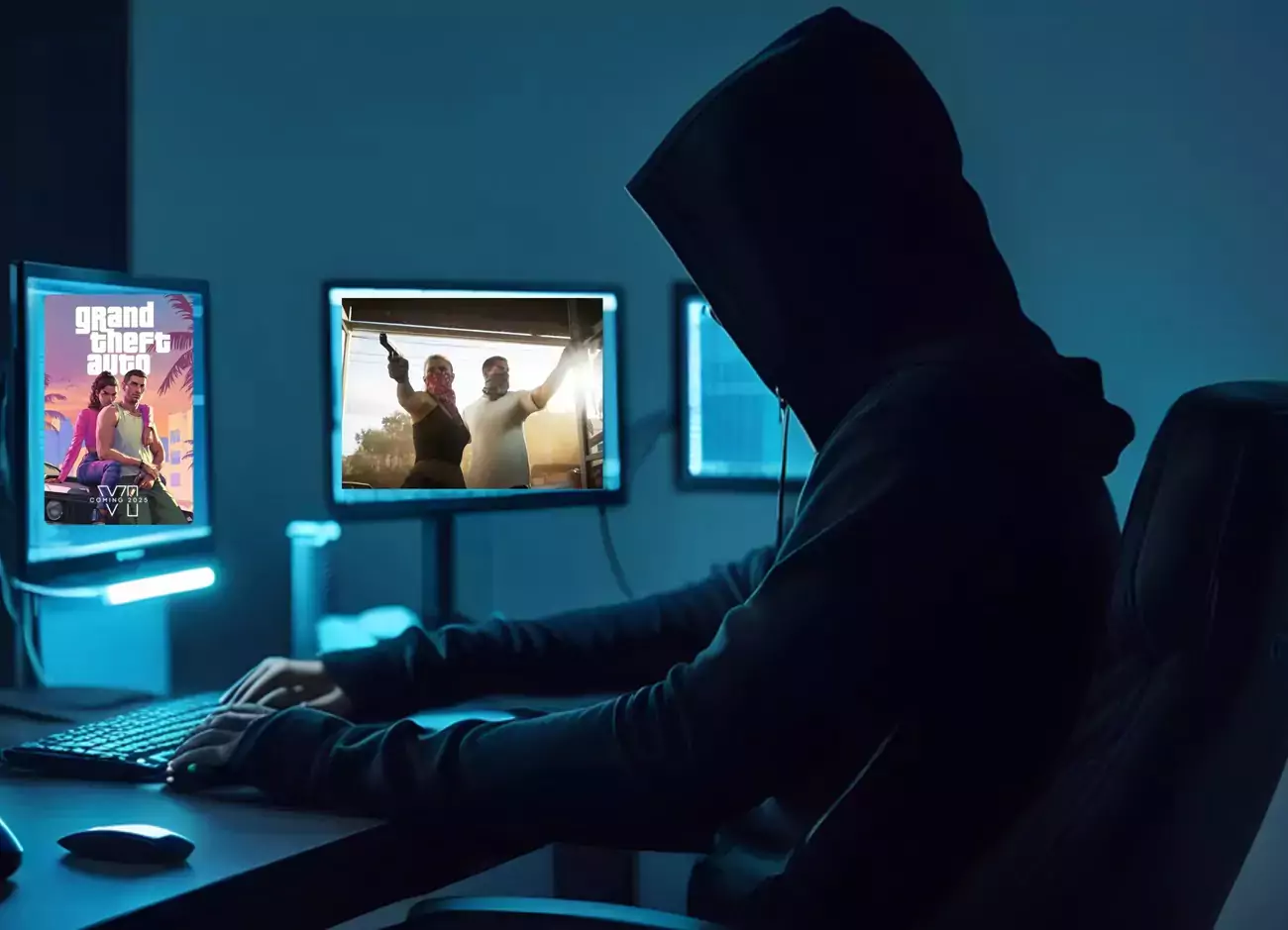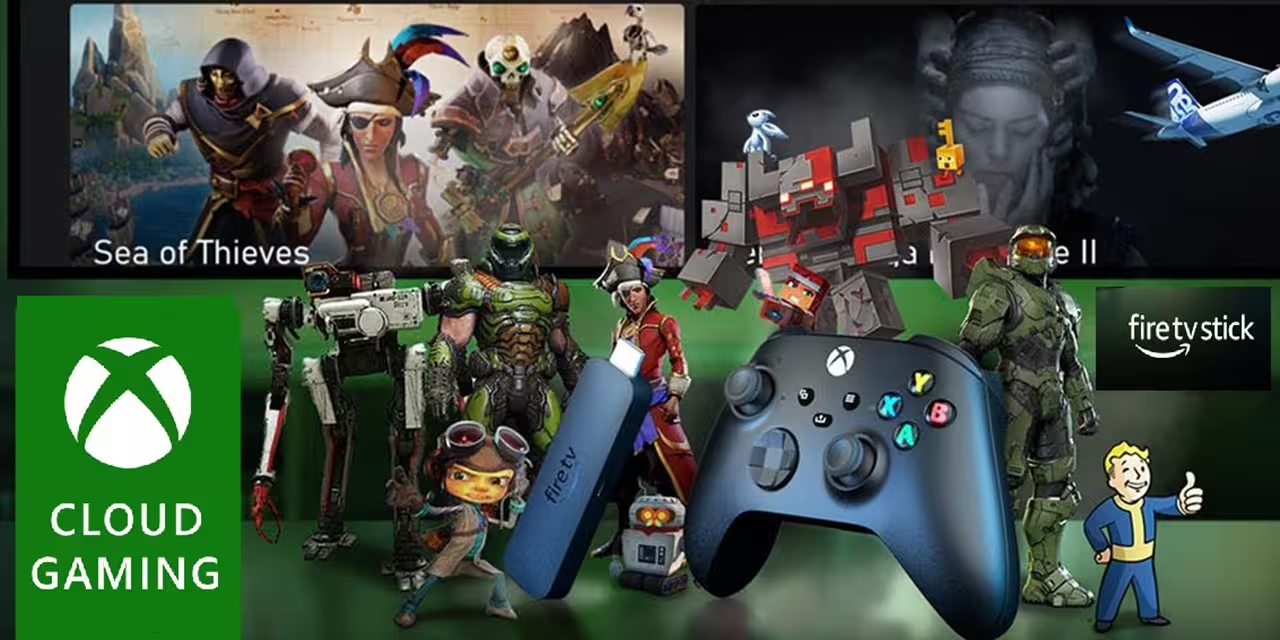When 18-year-old British hacker Arian Kurtaj affiliated with the ransomware group Lapsus$ hacked Rockstar Games servers last fall (September 2022), his leaks of early Grand Theft Auto VI footage set the gaming world ablaze.
But his cybercrimes eventually landed the teenager with an indefinite hospital sentence rather than fame or fortune.
Deemed an unacceptable public threat due to his desire to resume hacking, Kurtaj now faces detention until he convinces authorities he no longer poses a risk.
The Hack That Shocked Gaming
Kurtaj first made headlines in September 2022 when leaked gameplay material from GTA VI appeared online with the teenager taking credit.
The footage offered the first glimpse into Rockstar’s highly secretive project, confirming a return to the series’ Vice City location alongside a dual male/female protagonist mechanic (Julia and Jason), that mostly comes true.
In a daring move, Kurtaj issued a warning to Rockstar, demanding $10 million via Telegram to prevent the leak of the game’s source code.
Luckily, authorities arrested Kurtaj before he could follow through on threats to completely decrypt GTA VI’s codebase.
And Rockstar has since reassured fans that despite the breach, they remain firmly on track for a 2025 launch.
Nonetheless, Kurtaj’s hack constituted a monumental unauthorized divulging of intellectual property that disrupted Rockstar’s customary veil of secrecy.
The illegal intrusion carried major financial implications as well given the supposed $10 million extortion attempt and untold damage to pre-launch hype marketing efforts.
So with longstanding juvenile cybercrime issues already on his record, the courts took a dim view of the teen’s high-stakes infiltration into Rockstar’s networks.
The Costs Add Up – Both Financial and Otherwise
During sentencing hearings, the breathtaking scope of Kurtaj’s broader hacking misadventures came to light.
Beyond Rockstar, the teen allegedly illegally hacked major tech and transportation companies like Nvidia, Microsoft, and Uber.
In total, financial impact estimates approached $10 million when accounting for stolen data recovery, network remediation, and lost productivity.
Moreover, prosecutors repeatedly emphasized Kurtaj’s seeming indifference toward the extensive harm inflicted.
Instead, during psychiatrist testimony sessions, Kurtaj apparently expressed intentions to promptly resume criminal hacking activities following any jail release.
Citing his autism diagnosis, doctors explained this obsessive fascination with illegally accessing complex systems reflected neurological compulsion rather than deliberately malicious intentions.
Nonetheless, the utter lack of deterrence or remorse posed an obvious and immediate societal risk in the eyes of the court.
Kurtaj’s support team agreed his acute special needs required extensive treatment before reasonably ensuring rehabilitation.
So despite the absence of violence or fundamentally evil motivations, the scale of damage already done combined with promises for recurrent cyber risk left authorities convinced indefinite detention represented the only prudent path.
Why Hospital Detention Instead of Typical Prison?
With mental health and public safety primary considerations, the presiding judge rejected typical incarceration in favor of hospital detention for Kurtaj.
This on one hand subjects him to much more intensive psychiatric oversight aimed at managing unhealthy fixations.
Additionally, hospital facilities offer enhanced constant supervision that reduces the chances of accessing internet-enabled devices compared to standard imprisonment.
As evidenced by Kurtaj previously utilizing smuggled equipment to violate bail terms, his discipline regarding electronics requires strict control.
Doctors made clear that Kurtaj’s developmental disorders underpin his hacking compulsions.
So Tailoring restriction of access to hackable equipment as part of broader therapeutic treatment for his autism spectrum tendencies was deemed the optimal way of neutralizing threats without overly punitive measures.
Gaming Left on High Alert
For gaming companies though, Kurtaj’s sentence concludes a nerve-wracking saga but likely not the industry’s battle against cybercriminals.
High-value intellectual property like prerelease artwork, code, or gameplay leaks can garner huge visibility for hackers angling for notoriety, profit, or some combination thereof.
And Kurtaj’s exploits targeting titans like Rockstar and Nvidia underscore that even the most sophisticated studios remain vulnerable.
So while they may breathe easier with this immediate threat contained, assurances against future attacks look unlikely.
Rival developer Insomniac Games just suffered major data theft as well, pointing to the endless creativity hackers bring towards infiltrating digital fortress.
Unplugging every potential network vulnerability across sprawling modern codebase rates is nearly impossible.
Discover more from Gaming Foodle
Subscribe to get the latest posts sent to your email.





